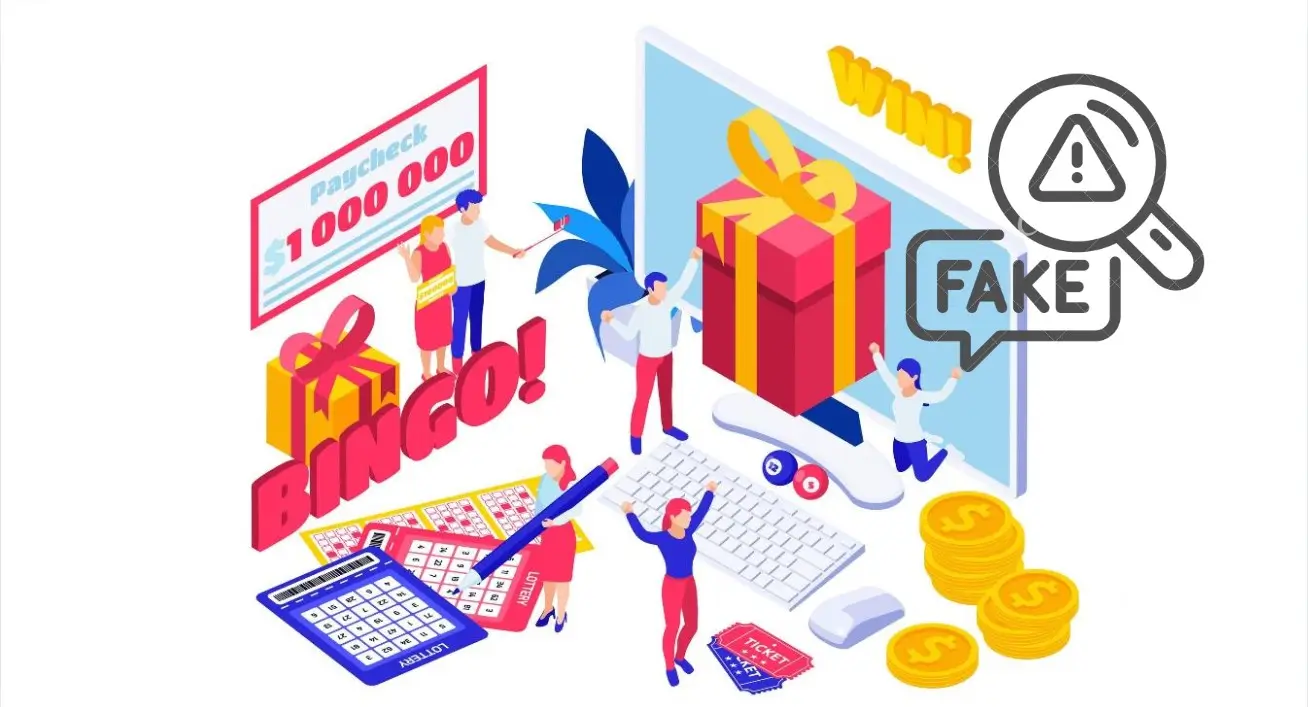Understanding Fake Contests and Lotteries
Fake contests and lotteries have become a real problem in the modern digital space. In the era of social media and instant communication, scammers have found ideal conditions to spread their tricks. Fake lotteries usually promise incredible prizes in exchange for minimal efforts, such as likes, shares, or filling out a simple form. However, these enticing offers often hide unscrupulous intentions.
Main Signs of Fraudulent Contests
To protect yourself from deception, it's important to know the main signs to watch out for:
- Too good to be true: If the prizes seem too valuable for simple participation, this is already a reason for doubt. Fraudulent contests often promise expensive cars, the latest smartphone models, or huge cash rewards.
- Request for personal information: Many fake contests require you to provide personal data such as phone number, email address, or even bank details. This can lead to identity theft.
- Lack of transparency: Pay attention to the lack of clear participation rules, conditions, and deadlines for the lottery. Genuine contests always have understandable rules and conditions.
- Suspicious pages or profiles: Most often, fake lotteries are held on newly created pages with a small number of followers and minimal activity.
Why Are Fake Contests So Popular?
Scammers use several psychological tricks to make their offers more attractive:
- Desire to get something for free: People love receiving gifts, and scammers play on this desire by offering prizes without any costs.
- Social proof: Often scammers create fake reviews or comments to create the illusion of mass participation and authenticity confirmation.
- Urgency: Such contests are often time-limited, prompting people to make hasty decisions.
How to Avoid Getting Hooked
Knowing the main signs is not enough for complete protection against fake contests. It's necessary to apply various strategies and methods to minimize the risk of becoming a victim of scammers.
Checking the Source Credibility
The first step to protection is verifying the source of information. Make sure that the contest is held by an official company or organization:
- Check the official website: Find information about the contest on the company's official website. If the link is missing, it is most likely a scam.
- Study the page or profile: Pay attention to the activity of the page, the number of followers, and reviews. Newly created pages with little content should raise suspicion.
Using Security Tools
There are many tools that can help protect against fake lotteries:
- Antivirus programs and firewalls: These programs can help detect and block phishing links and malicious sites.
- Browser extensions: Some extensions help identify fake sites and phishing attacks.
- Reverse image search: Use image search to determine if stock photos or stolen images were used.
Tips for Safe Online Behavior
- Do not share personal information: Never provide personal data in response to suspicious offers.
- Be skeptical: If something seems implausible, it likely is. Always ask yourself: “Why me?”
- Consult professionals: If you have doubts, seek advice from cybersecurity specialists.
What to Do If You Become a Victim
If you do get hooked, it's important to know the steps to take to minimize the damage.
Immediate Actions
- Change passwords: Immediately change passwords for all accounts that may have been compromised.
- Report the fraud: Contact the relevant authorities and report the fraud so they can take action.
- Check bank accounts: Ensure that there have been no unauthorized transactions from your accounts.
Long-term Measures
- Enable two-factor authentication: This is an additional layer of protection that will make it harder for attackers to access your data.
- Regular account monitoring: Constantly monitor activity on your accounts and promptly respond to suspicious actions.
- Education and awareness: Continuously learn new protection methods and share this information with friends and loved ones.
Conclusion
Fake contests and lotteries remain a serious threat in the digital space. Awareness and vigilance are your best allies in the fight against fraud. Knowing the signs of fake contests, using security tools, and following simple rules will help you avoid becoming a victim of deception. Remember that the best way to protect against scams is awareness and caution.
